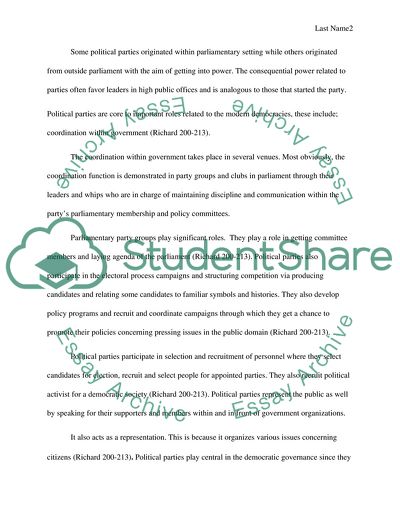Cite this document
(Political Culture - Parties and Governance Literature review Example | Topics and Well Written Essays - 1250 words, n.d.)
Political Culture - Parties and Governance Literature review Example | Topics and Well Written Essays - 1250 words. https://studentshare.org/politics/1853659-political-parties-and-governance-political-culture
Political Culture - Parties and Governance Literature review Example | Topics and Well Written Essays - 1250 words. https://studentshare.org/politics/1853659-political-parties-and-governance-political-culture
(Political Culture - Parties and Governance Literature Review Example | Topics and Well Written Essays - 1250 Words)
Political Culture - Parties and Governance Literature Review Example | Topics and Well Written Essays - 1250 Words. https://studentshare.org/politics/1853659-political-parties-and-governance-political-culture.
Political Culture - Parties and Governance Literature Review Example | Topics and Well Written Essays - 1250 Words. https://studentshare.org/politics/1853659-political-parties-and-governance-political-culture.
“Political Culture - Parties and Governance Literature Review Example | Topics and Well Written Essays - 1250 Words”. https://studentshare.org/politics/1853659-political-parties-and-governance-political-culture.


